Kingdom Hearts is a video game series that resonates with many players across the world. But for Alexa Ray Corriea — author and co-founder of What’s Good Games — Kingdom Hearts is more than just some game: it’s also a significant life experience.
According to many fans, Kingdom Hearts II, may be the best in the beloved video game series. This book explores the history, importance, and deeper thematic implications of the series, while focusing primarily on the third installment.
From the series’ conception by a chance elevator meeting to the seventh game, this book details how certain elements from the series’ history affects others. The book also collects various interviews from the series’ creator, Tetsuya Nomura, to help explain story elements and characters.
Let’s take a look at some of the most important chapters in this novel to see why it’s worth reading.
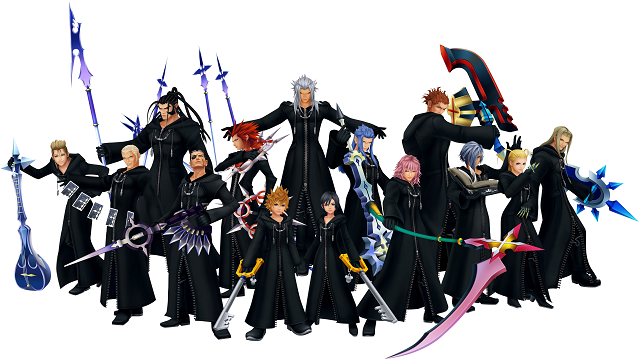
The Complexities of Nobodies
The second chapter of the book thoroughly examines the different significant characters of the game. In particular, the Nobodies. The Nobodies of Organization XIII are reintroduced in this game from the earlier Kingdom Hearts: Chain of Memories. These are characters who have lost their metaphysical hearts.
Corriea goes into extensive detail about the how and why of Nobodies, and why Nobodies such as Roxas, Axel, and Xemnas are so much more compelling once you look into their history and motivations. Corriea does a spectacular job of explaining how this backstory makes the game so much deeper and more intriguing, while also admitting how convoluted the game’s story becomes because of concepts that are difficult to comprehend.
Like other topics covered in this book, the existence of Nobodies is compared to real life situations. For example, after the character Saix is quoted about how those who lose their purpose end up destroying themselves, Corriea says:
“The Kingdom Hearts universe puts a lot of emphasis on people who destroy themselves. In the real world, we see people fall to addiction, greed, and self-pity. In Kingdom Hearts, this destruction is largely referred to as ‘falling into darkness,’ abandoning the realm of light to serve a purpose that society thinks of as more sinister.”
She goes on to discuss the characteristics and motivations of Nobodies in tandem with a real life situation:
“Without a heart, without love, without purpose and meaning in your life — you might as well be nothing, and it may compel you to do nefarious things.”
It’s true: plenty of people commit crimes because they feel lost. That doesn’t mean they are lost. If they’re lucky enough, the right events can help them turn their life around. By contrast, the Nobodies can regain their heart from selfless acts.
Corriea writes that when we’re in the lowest points of our lives — when we have been overtaken by negative emotions — we only become truly ourselves again after someone else helps us remember who we are. This is what happens to a few of the significant characters in the Kingdom Hearts series.
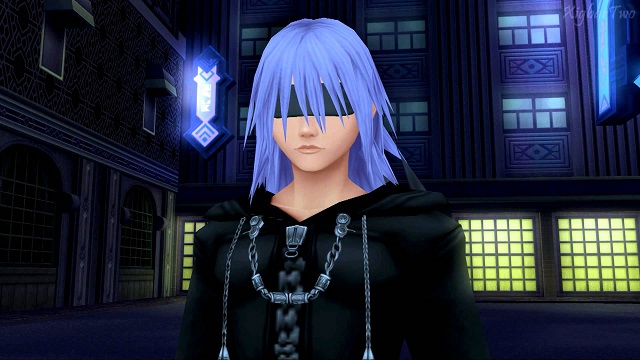
Riku’s Redemption and Acceptance
Kingdom Hearts II tells the story of Riku’s redemption. This story may even be more his than Sora’s. Corriea explains how Riku is so much more than his character trope:
“Riku accepts his sins and his bad decisions and turns them into a useful weapon. He is touched by the power of darkness, which can be used for evil but is not inherently so, and through his own means learn to wield that force for the side of good.”
Riku’s acceptance of his darkness is one of the most important themes of the series. When we go through dark times, the experiences we have aren’t inherently evil. They can even help us learn from our past mistakes.
Later on in this chapter, Corriea provides some insightful and rather motivational words about Riku’s character. These words can be easily applicable to real life:
“Riku learns something that is difficult for many to accept: You don’t have to be perfect. You don’t have to be saintly, and a few bad or selfish choices don’t make you evil. You are not weak for feeling doubt or thinking bad thoughts. You are only bad if you let that darkness harm others.”
She’s right. None of us are perfect, and we all have flaws — whether we admit them or not. Having negative thoughts when we’re struggling doesn’t make us bad people. However, if those thoughts end up hurting those close to us, then we become bad people.
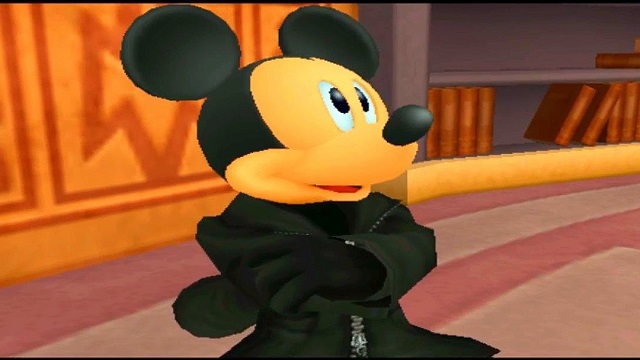
A Plethora of Other Great Topics
There is plenty more interesting content discussed throughout the book, such as:
- The lack of strong and important women characters in the series until Aqua’s introduction in Kingdom Hearts: Birth By Sleep
- To a lesser extent, Naminé from Kingdom Hearts II can also be included here
- Intimate friendships and how they’re portrayed well
- Sora and Riku
- Axel and Roxas
- The irrelevant love triangle between Sora, Riku, and Kairi
- Why Mickey Mouse is integral to the series’ story
- Mickey Mouse’s characterization comparison to a certain legendary figure
All of these topics have varying degrees of appeal depending on the reader. Some of these topics you may not even think of before reading a particular chapter.
No matter which chapter you may be interested in most, you’re bound to learn something new from each one.
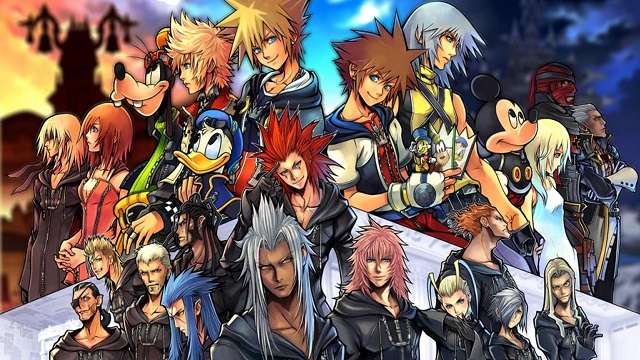
A Recommended Read For Any Fan
Like the series itself, Kingdom Hearts II is an entertaining read for both teenage and adult fans. Even though it primarily focuses on Kingdom Hearts II, the book still provides a detailed look into the production, themes, and psychology of the entire series — before the recently released Kingdom Hearts 2.8 Final Chapter Prologue, of course.
Whether you’re a fan highly anticipating the eventual release of Kingdom Hearts III, looking to better understand the story, or wanting to learn more about production details of the series, Kingdom Hearts II is a fascinating read for fans of any caliber.
Kingdom Hearts II by Alexa Ray Corriea is available on Amazon and Boss Fight Books’ website.
A digital eBook copy was provided by Boss Fight Books.

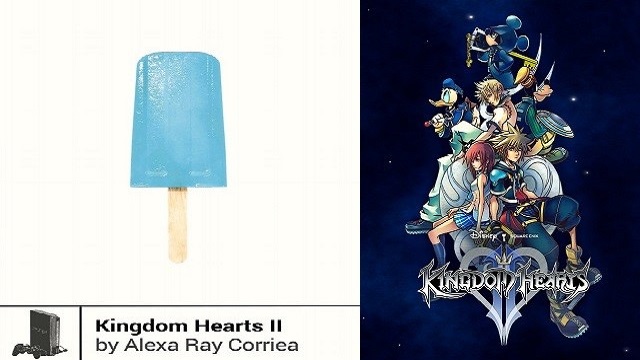





Published: Jun 26, 2017 04:31 pm